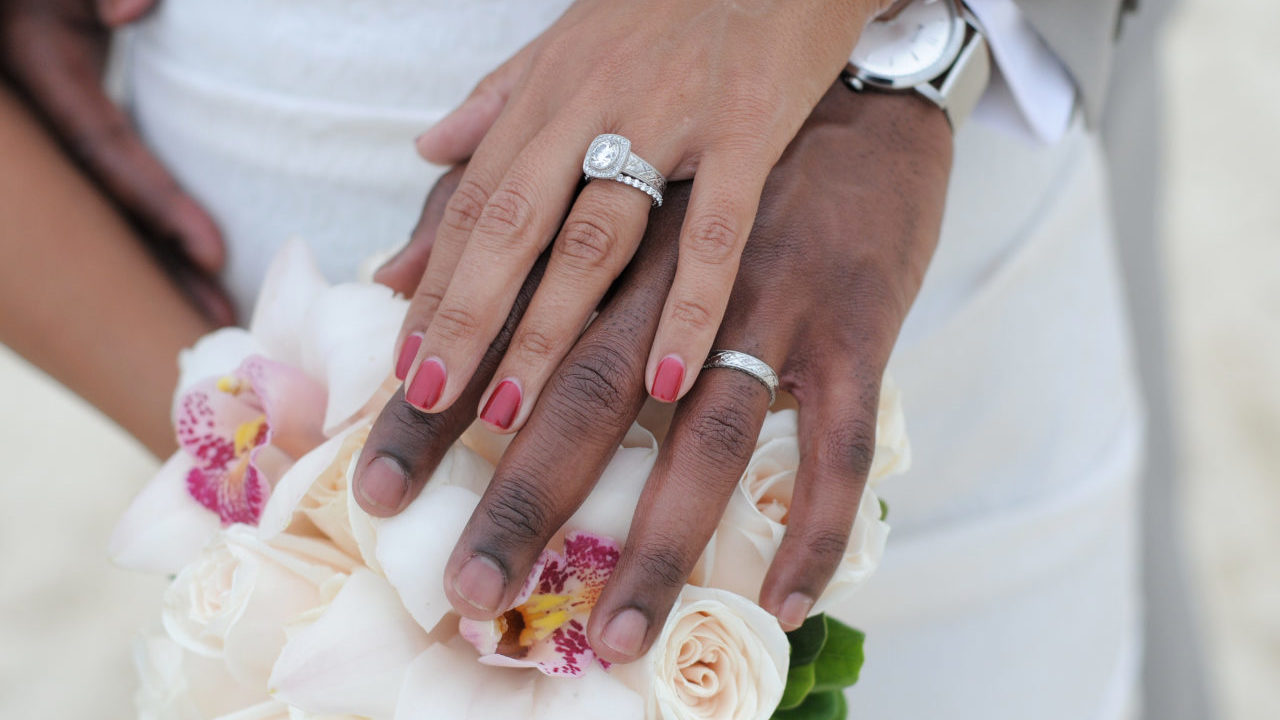Coping strategies in marital union in Islam (III)
Brother, one other marker of our piety is our ability to be patient with Him, the Almighty, to persevere, and to be in constant touch with Him through prayers and supplications. Dear brother in Islam, marriage in Islam is for ‘long-distance runners’. For others, it may be like a cloth that you wear today and […]

Brother, one other marker of our piety is our ability to be patient with Him, the Almighty, to persevere, and to be in constant touch with Him through prayers and supplications. Dear brother in Islam, marriage in Islam is for ‘long-distance runners’. For others, it may be like a cloth that you wear today and discard tomorrow.
Second, you need two strategies to make a success of your marriage. I refer to them as selective remembrance and selective response. Dear sister, to be married is to position yourself in that situation in which to know is to plead ignorance; it is that situation in which willful ignorance on the part of the wife vouchsafes wisdom and maturity.
- NLC accuses Kaduna of interfering in unions’ matters
- 2023: South not against North, Afenifere replies northern elders
The third main requirement for a successful marriage is the three Cs: contentment, constant conurbation, and constant communication. To live a successful marital life, Muslim couples should be aware that Shaytan has no business with those who have failed; his business and interest lies with those who have succeeded.
Brethren, marriage in Islam is also about norms and exceptions; the norm that, for example, the union between the man and woman would be blessed with the fruit of the womb; the exception, as in Prophet Ibrahim (a.s), the existential necessity to marry more than one woman. Unlike the Biblical stance, marriage to more than one woman at a time is permissible in Islam provided the man has the wherewithal to establish equity and fairness. In some cultures, cowives see one another as allies rather than rivals. In Botswana, women add an interesting wrinkle to the old European saying that “Woman’s work is never done.” In Botswana, it is claimed that traditional women usually say: “Without cowives, a woman’s work is never done.” A researcher who worked with the Cheyenne Indians of the United States some time ago was told of a chief who tried to get rid of two of his three wives. All three women defied him, saying that if he sent two of them away, he would have to give away the third as well. Since it is permissible, it becomes unlawful for it to be delegitimized in line with contemporary ultra-feminist campaigns; again, since it is permitted by law in Islam and therefore not compulsory, it becomes an infraction for the masculinist to deploy it as a weapon in inter-gender power-politics. Nobody gets to know the pleasures in polygamous families until they become one; you do not know the pain in monogamy until it is late to cure it.
But the assumption is rife that children of polygamous families run the risk of having absentee fathers; that they never do well in life; that they populate our gated courtyards (prisons). This assumption may be true given the predilection for fatalism on the part of some of my brethren; those who think that their duties begin and end with bringing children to the world. This is against the Quranic injunction (Q2:233). In other words, polygamy is and has not always been a sad tale. Imagine what the world would have been in the absence of Ismail and Ishaq (a.s). Thus, it is not the loins or the wombs that bear children alone that determine their earthly success; other factors need to be considered as well. In other words, it is not because they were born as twins that led to the success of A and the failure of B; A and B were subjects whose souls found space in their mother’s womb by chance; the reason this orange is sweet and that is sour though they were plucked from the same tree lies outside and beyond the trees from which the oranges were plucked. Each time you find water in the coconut, remember the power who has wrought that miracle never goes to sleep.
Let me begin to conclude. What type of marriage is yours? Is it like that of Prophet Lut (a.s) in which the husband is an angel while the wife is a devil? Is it like that of Firawn in which the wife was an angel while the husband was an iniquitor? Ladies and gentlemen, I hate to believe that marriage is, for men, life imprisonment and, for women, life of permanent enjoyment. I equally refuse to hold that marriage is a relationship in which the husband is the head of the family while the wife is the neck that turns the head around. Is it true that marriage is that event that usually leads to a situation when a man loses his ‘bachelors’ degree and the woman gets her ‘Master’ degree? My sister, I am unprepared to listen to that cynic who says marriage is like a lottery- everybody buys the ticket but only a few gets to win the prize. What then do I believe? I believe that your marriage and mine is like a bird; whether the bird is dead or alive it is in your hand.
